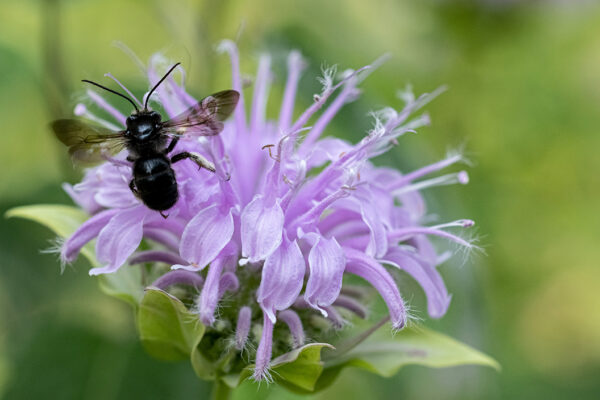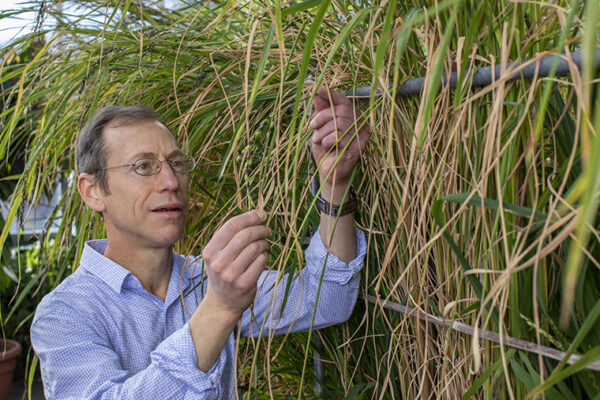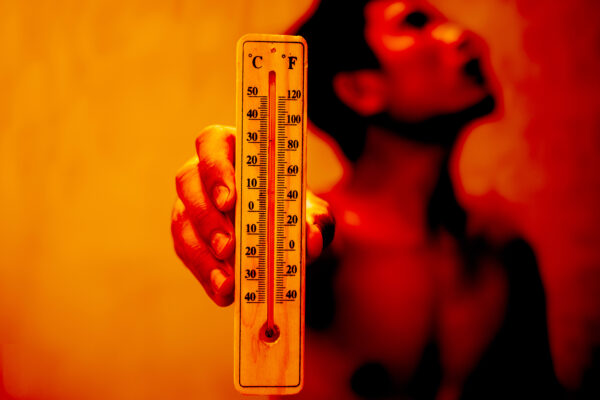Roger Michaelides, an assistant professor of earth, environmental and planetary sciences in Arts & Sciences at Washington University in St. Louis, has won a prestigious fellowship from NASA’s Early Career Investigator Program in Earth Science.

Michaelides will use the three-year $300,000 award for a project using imaging radar to monitor Arctic permafrost, frozen layers of soil that cover about a quarter of the landmass of the Northern Hemisphere. That work could lead to new climate insights.
“Arctic permafrost is one of the largest reservoirs of soil carbon anywhere on the planet,” he said. “It also happens to be in a region that is warming faster than almost anywhere else.”
When permafrost thaws, microbes can break down the organic compounds in the soil, releasing methane and carbon dioxide, greenhouse gases that could speed warming in the Arctic and beyond.
The new project will use Interferometric Synthetic Aperture Radar deployed from aircraft and satellites, including satellites launched by the European Space Agency and NASA in partnership with the Indian Space Research Organization.
Michaelides is a Taylor Geospatial Institute associate and a faculty fellow of the McDonnell Center for the Space Sciences at Washington University.
Read more on the Ampersand website.


